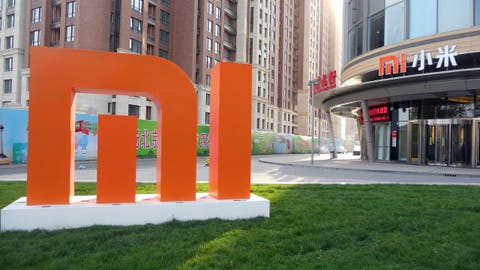Well I guess you must have read a bunch of different opinions by now, regarding the news about Xiaomi’s own Pinecone SoC and how this choice could change the future of the company (in a good or… bad way).
Let’s not beat around the bush: Xiaomi is at a crossroads right now, especially after the resignation of Hugo Barra (or his decision to leave the company call it however you like), and the current placement of the company in the Chinese market, which is fifth (!) by the way, far behind from Oppo, Vivo, Apple, and Huawei. So something drastic needs to happen if the company wants to return to its former glory and regain its place in the TOP 2 throne of the Chinese market. But what exactly?
Creating its own chipset is (and could be) by all means – a game changer, especially if you want to enter India, world’s second largest market (after China). In case you don’t know, Xiaomi cannot sell phones equipped with Mediatek processors in India, due to patent disputes there. So creating its own Pinecone SoC will help the company build its own momentum in the Indian market – a market where Xiaomi Redmi Note 3 for example is the most popular smartphone (!), with over 20% market share. In other words: it is vital for Xiaomi’s future to enter the Indian market and the Pinecone SoC will help in this goal by helping in the launch of affordable – yet powerful enough- smartphones.
It’s not easy however to make such a difficult change of course, since the resources required to develop competitive mobile chips are really high, and we’re talking millions of dollars. And Xiaomi has already bled to death, after Beijing Pinecone Electronics, a new Xiaomi-linked private entity recently paid $15 million to acquire mobile processor technology from Datang subsidiary Leadcore Technology Ltd, in order to begin the construction of the first Pinecone chipsets.
But how important is this “build-your-own-SoC” business anyway?
Take Apple, Huawei, Samsung for example, manufacturers that develop their own chipsets and don’t rely on other manufacturers to create them. They make their own decisions and can set their own roadmaps for years ahead, without any hesitation and – sometimes, like Samsung- they can create problems to other companies by accumulating all the available chipset resources (like Snapdragon 835 for example).
In any case, I strongly believe that any manufacturer with long-term goals in the tech industry, should ensure itself from all kinds of fluctuations – whatever they may be. Having this in mind, Xiaomi’s self-developed Pinecone SoC could become a game-changing asset, but not without setting a serious question whether it can help the company to compete with the other top brands.
In my opinion, only time will tell…
